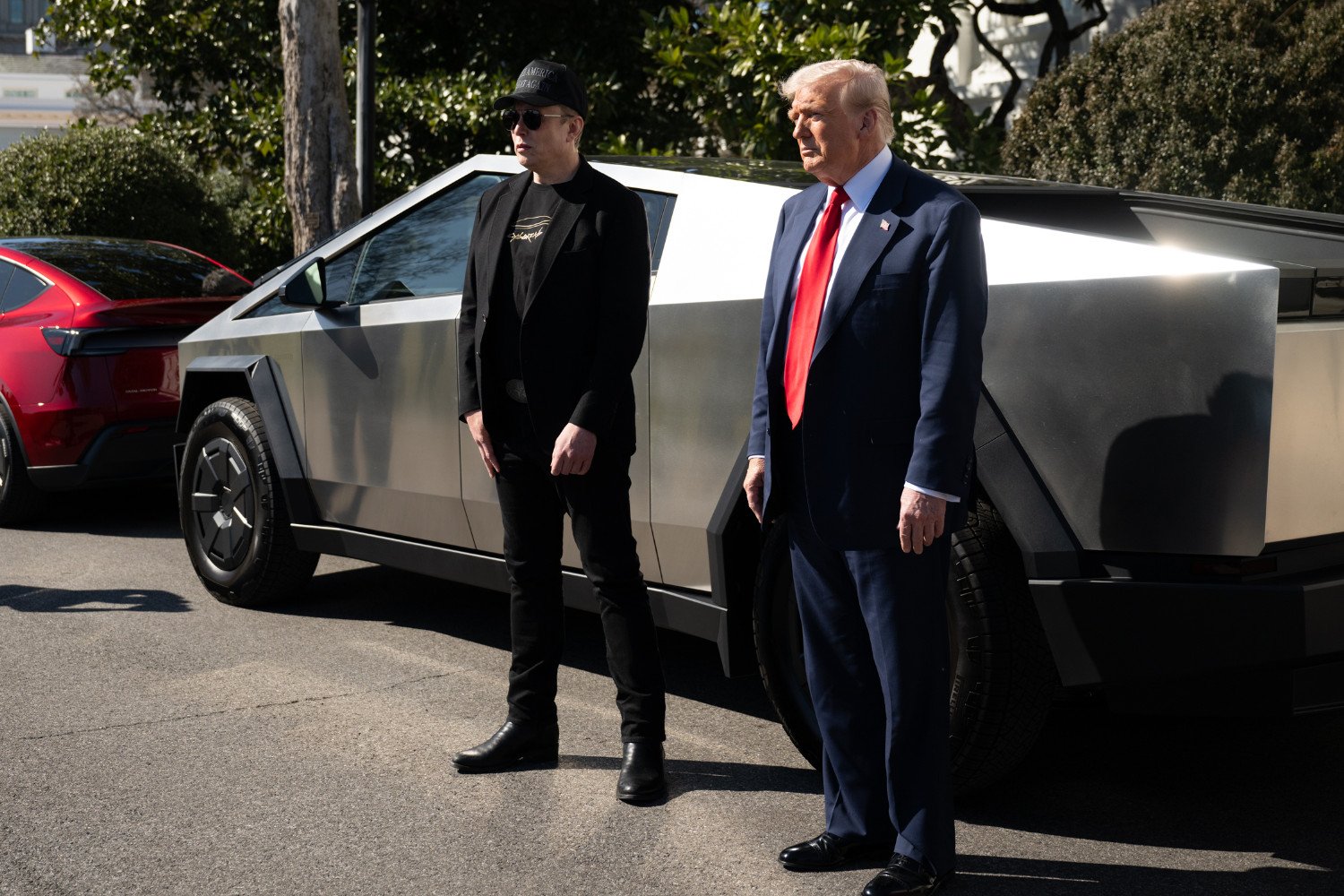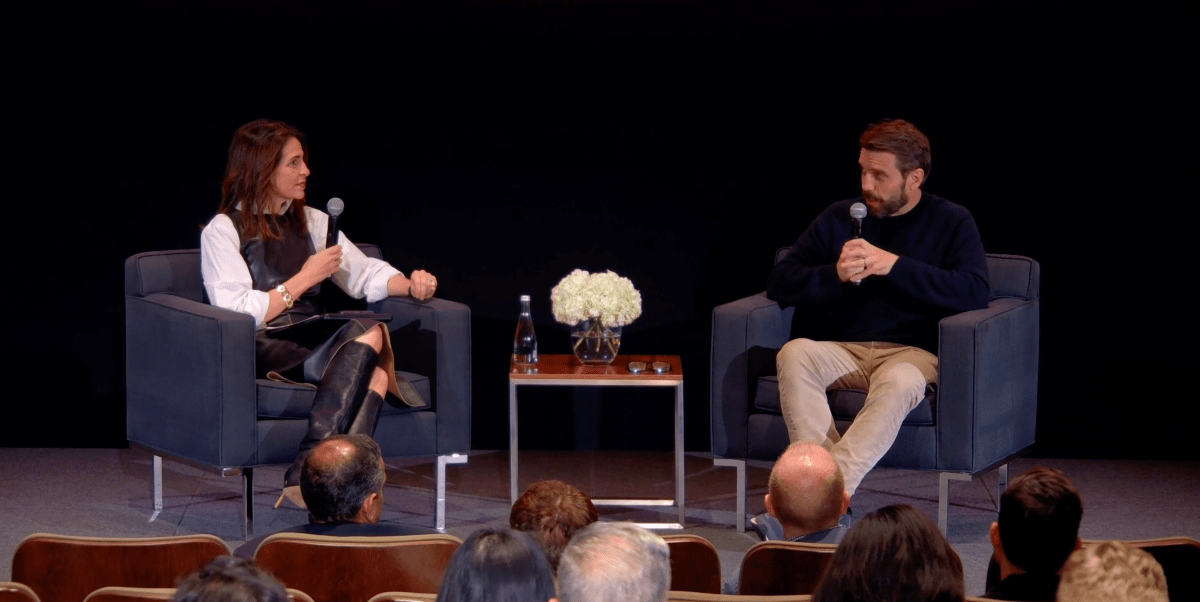Introduction to the Issue
The wealthiest and most influential executives and venture capitalists in Silicon Valley have made significant investments in Donald Trump’s 2024 presidential campaign. According to a report by the Wall Street Journal, over three dozen individuals associated with prominent tech figures such as Elon Musk, Peter Thiel, Marc Andreessen, and Palmer Luckey have been appointed to roles in federal agencies. These agencies oversee the business operations of their Silicon Valley counterparts, raising concerns about potential conflicts of interest and favoritism.
Extent of Silicon Valley’s Influence
The Wall Street Journal found that at least 18 federal agencies, including the Consumer Financial Protection Bureau, Department of Labor, Treasury Department, and Department of Defense, employ individuals with ties to these tech leaders. Elon Musk’s network is particularly extensive, with connections in over a dozen agencies. This strategic placement of associates and allies enables these executives to benefit from their connections, as they have positioned their own people in roles that regulate, oversee, and award government contracts to their companies.
Financial Benefits and Contracts
Companies founded, owned, or invested in by Musk, Thiel, Andreessen, and Luckey have secured approximately $6 billion in federal contracts since Trump took office. While some of these contracts were in the pipeline before Trump’s second term, these companies are now well-positioned to secure additional contracts worth billions of dollars. The bidding process is likely to favor these companies, given their influential connections within the government.
High-Profile Contract Wins
Notable successes include Anduril Technologies, founded by Palmer Luckey, which took over a government contract from Microsoft to develop mixed-reality goggles for the Army, potentially worth $22 billion. SpaceX, owned by Elon Musk, secured a $5.9 billion contract to launch Space Force missions. Additionally, Palantir, a company founded by Peter Thiel, was awarded a contract by Immigration and Customs Enforcement to develop software for deportation processing.
Billionaires’ Investment in Trump’s Campaign
The significant financial investments made by these billionaires in Trump’s campaign are noteworthy. Elon Musk spent $290 million, Marc Andreessen donated at least $2.5 million, Palmer Luckey contributed at least $400,000, and Peter Thiel, a long-time Trump supporter, gave around $1.5 million to Trump-related groups since the 2016 election. These substantial investments underscore the close ties between these tech executives and the Trump administration.
Regulatory Pushback and Cuts
The Department of Government Efficiency, led by Musk, has implemented cuts at various agencies, which may reduce regulatory resistance faced by these companies. Some of these cuts appear targeted, such as the reduction of staff at USAID, which was investigating Starlink contracts at the time. Similarly, employees at the Food and Drug Administration overseeing Neuralink reviews and applications were fired, and staffers at the National Highway and Traffic Safety Administration researching self-driving technology safety were forced out.
Conclusion
In conclusion, rather than "draining the swamp," as Trump claimed, his administration has effectively handed control over to tech titans. The close relationships between these executives and the government have raised concerns about favoritism, conflicts of interest, and the concentration of power in the hands of a few influential individuals. As these companies continue to secure lucrative government contracts, it is essential to monitor the situation and ensure that the interests of the public are protected.
Source Link





